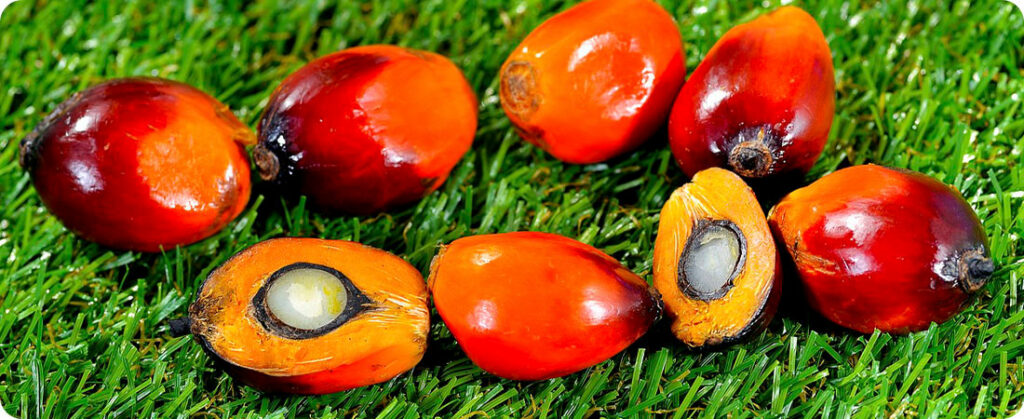
Global agribusiness giant Cargill, meanwhile, has announced that it will no longer offer conventional palm oil as part of its US portfolio.
The company previously stated that starting in October, its US operations will only offer Palm oil certified by the Roundtable for Sustainable Palm Oil (RSPO).
The measure therefore reflects the growing demand from consumers and customers for more sustainably sourced ingredients, Cargill said on October 12.
“Companies like Cargill, moreover, play a vital role. They enable RSPO members and other companies in North America to achieve their goals. These goals therefore aim to provide RSPO certified 100% products. Our hope is that North America will become a market where 100% of products are RSPO certified,” said Cameron Plese, director of RSPO North America.
Cargill reinforces its commitment to sustainable palm oil
Cargill, in addition, has been supplying RSPO-certified palm oil since 2005. In December 2020, the company converted its refinery in Charlotte, North Carolina, to segregated 100% oil.
According to the company's latest measure, by January 2024, all customers who purchase oil from one of Cargill's refineries in the United States will be guaranteed that they will be purchasing RSPO-certified palm oil. This oil will come from mass-balanced or segregated supply chains.
“The announcement represents progress towards our objective. We want a transparent, traceable and sustainable palm oil supply chain,” said Reid Kinde, Cargill commercial lead for edible oils in North America.
Cargill invested US$200 million in a palm oil refinery in Lampung, Indonesia. Ensuring the supply of RSPO-certified oil is the objective.
The Lampung refinery sources palm oil directly from Cargill-owned plantations and mills and selects third-party mills that comply with its sustainability policy, the company said.
Source: Oils & Fats International












